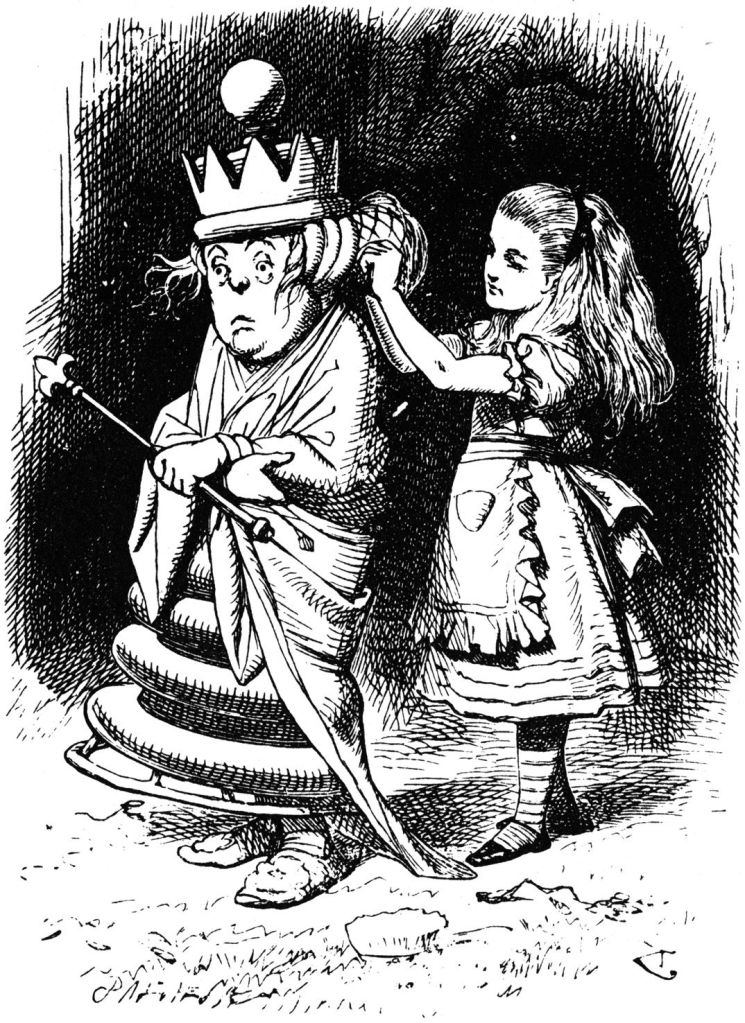
“Can’t you?” the Queen said in a pitying tone. “Try again: draw a long breath, and shut your eyes.”
Alice laughed. “There’s no use trying,” she said: “one can’t believe impossible things.”
“I daresay you haven’t had much practice,” said the Queen. “When I was your age, I always did it for half-an-hour a day. Why, sometimes I’ve believed as many as six impossible things before breakfast.
When racial hereditarian researchers tell you they are objective scientists only concerned with the rigorous scientific pursuit of truth, what else do you need to believe to accept that claim? What are the markers of an open-minded researcher who is completely nonpartisan politically? We would expect that person to be careful not to entangle themselves and their research with those who are pursuing political ends; those who seek to use the mask of science to advance specific policy options and social orders. We would not expect them to draw upon political writers as authorities for their scientific claims. We would not expect them to collaborate with people pushing a political agenda.
In a recent article, Michael Woodley, Matthew A. Sarraf & Mateo Peñaherrera-Aguirre write that they believe the Holocaust happened. They also want to make clear that They are “hereditarians” not racists. Nor are they eugenicists. Oh, and Woodley especially wants us to know that he had nothing to do with his work being cited by the Buffalo shooter who killed African Americans in the name of racial purity. (I know what you are thinking, “Where does Woodley stand on the existence of Bigfoot?” Well, he appears to think the jury’s still out on that question).
Of course, anyone who must take to print to deny they are Holocaust deniers, a scientific racist, a eugenicist an inspiration for a racist terrorist might want to stop and think about why they are so characterized by so many people. An obvious question is, “Maybe it is me?” It appears that the authors never ask themselves that question. They portray themselves as objective scientists and their many, many critics must simply misunderstand the nature of science and objective inquiry because they are so blinded by “leftist” ideology. To believe their claims, you must believe a host of other impossible claims they use to support it.
